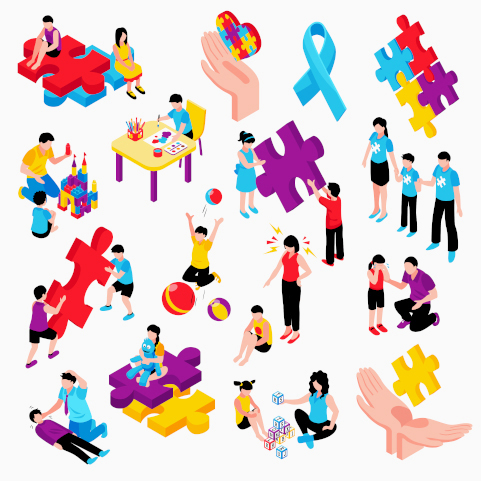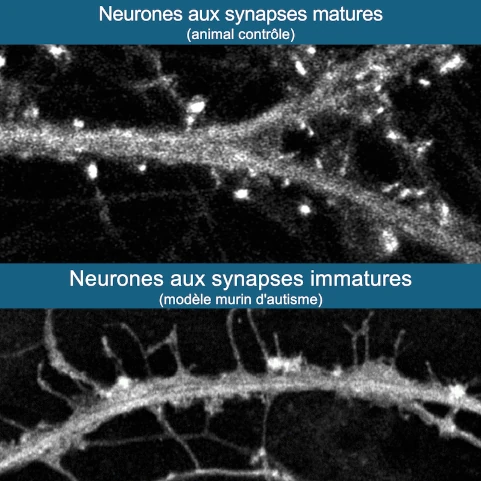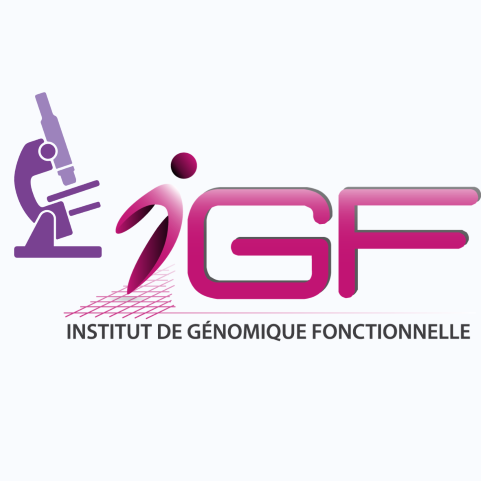Autism
Autism Spectrum Disorder (ASD) is a group of neurodevelopmental disorders that affect the way a person communicates, interacts socially and perceives the world around them. Once considered a single condition, it is now referred to as a 'spectrum' to reflect the wide range of manifestations and degrees of severity.

/ Key features
People with ASD generally have difficulties in two main areas:
1. Communication and social interaction:
• Difficulty establishing and maintaining social relationships
• Problems with verbal and non-verbal communication
• Difficulty understanding other people's emotions and intentions.
2. Restricted or repetitive behaviour and interests:
• Stereotyped or repetitive movements
• Inflexible adherence to routines
• Very specific and intense interests
• Sensory hyper- or hyposensitivity
/ Prevalence and diagnosis
ASD affects around 1 in 100 people in the general population. It is usually diagnosed in childhood, but some people are not diagnosed until adulthood. Diagnosis is based on observation of the child's behaviour and development, as well as standardised tests.

/ Causes and risk factors
The exact causes of ASD are not yet fully understood. However, research points to a strong genetic component, with heritability estimated at around 80%. Environmental factors, particularly during pregnancy and the first few years of life, could also play a role.
Treatment
There is no cure for ASD, but early and appropriate treatment can greatly improve the quality of life of those affected. Treatment approaches include:
- Early behavioural intervention
- Speech therapy
- Occupational therapy
- Psychological support
- Adapted educational and vocational support


/ Research in progress
Research into ASD is very active. Scientists are working in particular on
- Improving early diagnosis tools
- Understanding the neurological mechanisms involved
- Developing new therapies
- Identifying environmental risk factors
/ Living with ASD
Each person with ASD is unique, with their own strengths and challenges. Many people with ASD lead fulfilling lives and make a significant contribution to society. It is important to promote inclusion and understanding of ASD to create a more welcoming society for all. To find out more, visit the websites of associations such as Autisme France (www.autisme-france.fr) or the Fédération Québécoise de l'Autisme (www.autisme.qc.ca).

/ Autism research at the IGF
At the IGF, researchers are carrying out innovative research to understand the mechanisms involved in this complex pathology, identify biomarkers and risk factors and propose new therapeutic avenues.
Find out more about the projects of:



